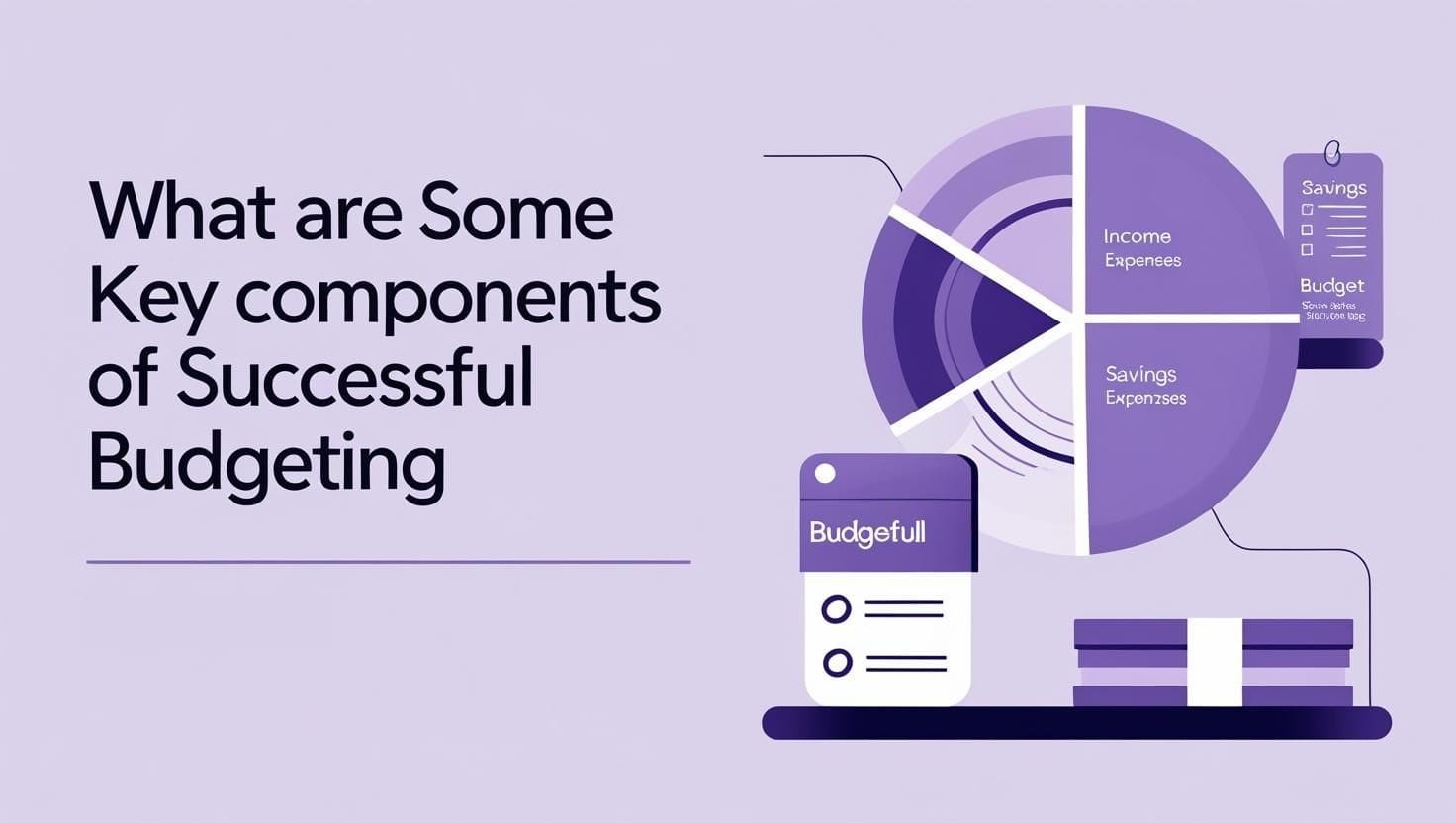Table Of Contents
Introduction
Why do so many people struggle with money – even when they earn well? The answer often lies not in income, but in saving habits. Life throws unexpected challenges at everyone. Whether it’s a medical emergency, a job loss, or an urgent home repair, not having money set aside can turn a small problem into a major crisis.
Many people live paycheck to paycheck, thinking they’ll “start saving next month.” But without a savings habit, even basic future goals – buying a house, sending kids to school, or retiring comfortably – feel impossible.
Let’s take a simple scenario. You earn ₹50,000 per month and spend nearly all of it. One day, your two-wheeler breaks down and you need ₹5,000 for repairs. With no emergency fund, your only option may be a credit card or borrowing from friends. Now you’re in debt for a problem that could’ve been solved with basic saving.
Saving isn’t just about being responsible – it’s about gaining control over your life. Whether your goal is freedom from debt or a comfortable retirement, every rupee saved puts you a step closer. In this article, we’ll explore why saving money matters and how it supports long-term stability and freedom.
1. Emergency Needs and Unexpected Costs
Emergencies don’t announce themselves. From medical issues to vehicle breakdowns, life is full of surprise expenses. If you’re unprepared, these costs can push you into debt.
Why This Matters:
Without savings, you’re forced to borrow – often at high interest rates. This can start a cycle of debt that’s hard to escape.
Real-Life Example:
Suppose your child suddenly needs ₹10,000 for a hospital visit. Without savings, you borrow at 18% interest. That turns into ₹11,800 over a year. But if you had saved just ₹800 a month for 13 months, you’d already have the cash.
Quick Tips to Prepare:
- Start a small emergency fund of ₹25,000–₹50,000.
- Use a separate bank account to avoid accidental spending.
- Prioritize saving before spending each month.
2. Meeting Future Goals
From buying your first car to planning a wedding, future goals cost money. Saving early lets you prepare without taking loans or cutting corners.
Why This Matters:
When you save intentionally, you gain the power to plan – and act – without depending on others.
Examples of Future Goals:
| Goal | Approx. Cost | Monthly Savings Needed (Over 3 Years) |
| Wedding | ₹5,00,000 | ₹13,900 |
| Bike Purchase | ₹1,20,000 | ₹3,350 |
| Vacation Abroad | ₹2,50,000 | ₹6,950 |
By breaking big expenses into monthly targets, savings becomes manageable.
Practical Approach:
- Open goal-specific savings accounts.
- Use auto-debit features to save consistently.
- Review goals every six months and adjust as needed.
3. Retirement Planning
Retirement seems far away – until it isn’t. Many people ignore it until their 40s or even 50s. But starting early, even with small amounts, can make a huge difference.
Why This Matters:
The earlier you start, the more you benefit from compound interest.
Example Scenario:
| Starting Age | Monthly Saving | Value at 60 (Assuming 8% Annual Returns) |
| 25 | ₹3,000 | ₹29.5 Lakhs |
| 35 | ₹3,000 | ₹12.3 Lakhs |
| 45 | ₹3,000 | ₹4.6 Lakhs |
A 10-year delay reduces your retirement savings by more than half!
Tips for Retirement Saving:
- Use EPF, PPF, or NPS as low-risk tools.
- Increase savings by 10% every year to match income growth.
- Avoid early withdrawals unless absolutely necessary.
4. Saving for Education
Whether it’s your education or your child’s, the cost of learning keeps rising. Saving now helps avoid high-interest education loans later.
Why This Matters:
Education is an investment – but if funded with loans, it can become a burden.
Example:
A 4-year engineering degree may cost ₹8–12 lakhs today. With a loan at 12% interest, you’ll repay nearly ₹16 lakhs over 10 years. But saving ₹6,000 monthly for 10 years gives you ₹11.6 lakhs (at 8% return) – reducing your need for loans.
How to Start:
- Use SIPs in mutual funds for long-term growth.
- Begin when your child is born; even ₹1,000/month adds up.
- Use education-specific investment tools like Sukanya Samriddhi for daughters.
5. Buying a Home Without Debt Pressure
A home is often the biggest purchase in a person’s life. Down payments, EMIs, registration, and renovation costs pile up fast.
Why This Matters:
The larger your down payment, the lower your EMI and total interest paid.
Example Breakdown:
| Home Price | Down Payment (20%) | Loan Amount | EMI (20 years @ 8%) |
| ₹50 Lakhs | ₹10 Lakhs | ₹40 Lakhs | ₹33,458/month |
Saving ₹10 Lakhs upfront reduces your loan burden by years.
Tips for Home Buying Savings:
- Save in recurring deposits or mutual funds.
- Avoid using your emergency fund for a down payment.
- Check for home loan subsidies like PMAY for first-time buyers.
6. Travel and Life Experiences
Travel doesn’t have to be a luxury if you plan for it. Saving in advance helps avoid putting vacations on credit cards.
Why This Matters:
Experiences add value to life – but not when they create debt stress afterward.
Smart Travel Budgeting:
- Plan a ₹1.5 lakh Europe trip 18 months in advance.
- Save ₹8,400 per month in a travel-specific fund.
- Use travel deals and off-season rates to stretch your budget.
Saving for travel makes the experience more rewarding – and debt-free.
7. Financial Freedom and Peace of Mind
The ultimate goal of saving is freedom – freedom from paycheck dependency, debt traps, and constant financial stress.
Why This Matters: When you save consistently, your money starts working for you – not the other way around.
What Financial Freedom Looks Like:
- 6 months’ living expenses in savings.
- Zero high-interest debt.
- Passive income from investments.
- The ability to say “no” to toxic jobs or bad deals.
Steps to Get There:
- Track spending for 3 months.
- Identify your “survival budget.”
- Set monthly saving targets and treat them like bills.
Financial peace isn’t about being rich – it’s about being prepared.
Conclusion
Saving money isn’t just a smart choice – it’s a life-changing one. Whether it’s a hospital bill, your dream vacation, or a stress-free retirement, saving gives you options, control, and confidence. The earlier you start, the easier it gets.
Small, regular savings today build the foundation for a future where you’re not just surviving – but living on your own terms.
Ask Yourself: Are you saving with a plan – or just hoping for the best?
FAQ Section
1. What is the best reason to save money?
Saving helps you handle emergencies, reach life goals, and reduce financial stress without falling into debt.
2. How much should I save each month?
Aim to save at least 20% of your income. If that’s not possible, start with 10% and increase gradually.
3. Why is an emergency fund important?
It acts as a financial cushion during job loss, medical issues, or sudden expenses, avoiding the need for debt.
4. When should I start saving for retirement?
Start as early as possible. Saving in your 20s provides the most growth due to compound interest.
5. What’s the difference between saving and investing?
Saving is setting money aside securely (like in a bank), while investing aims for growth but involves risks.
6. Can small savings really make a difference?
Yes, even ₹500–₹1,000 saved monthly adds up over time and builds good financial habits.
7. Should I save if I have debt?
Yes, build a small emergency fund first, then split extra funds between debt repayment and savings.
8. Is it better to save for goals or take a loan?
Saving avoids interest payments and financial stress, making it the smarter long-term choice.




